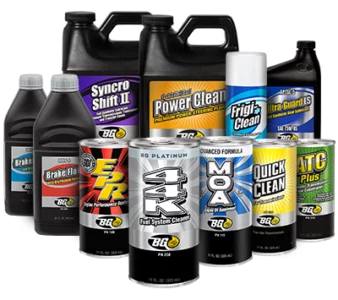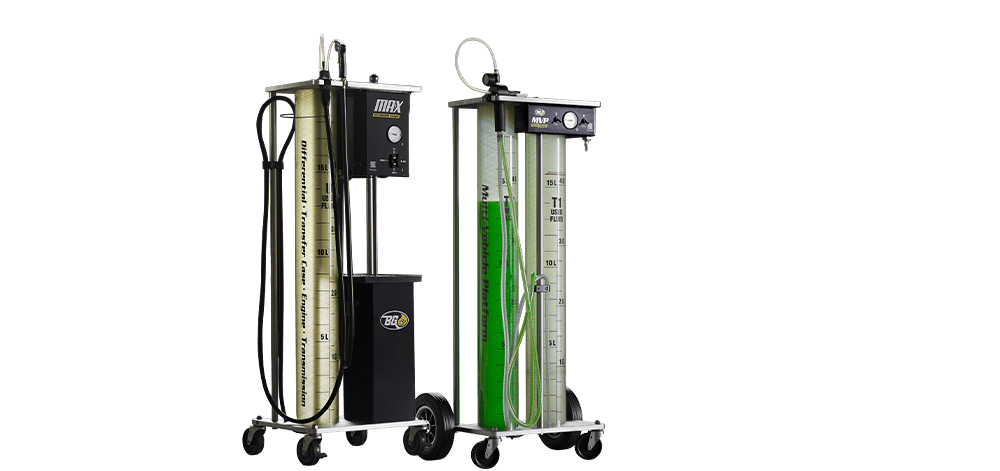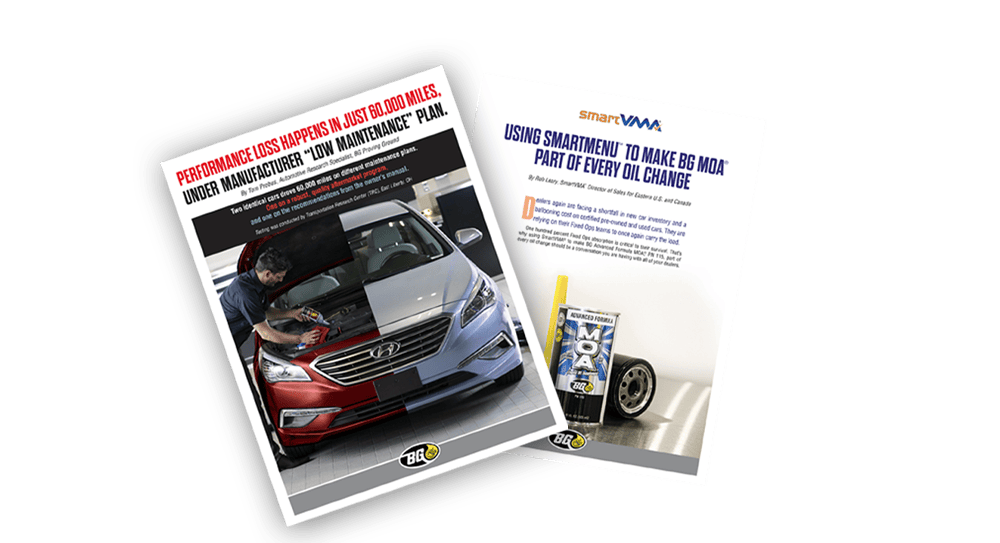What is all this talk about clean diesel? Is it the fuel? Is it the engine technology? Is it the aftertreatment technology? Is it the push for cleaner emissions? Yes, it’s all of the above.
Clean diesel is a collaborative effort set forth by the EPA, carried out by OEMs, state and local governments, environmental and community organizations and the Federal government.
Clean diesel vehicle demand
Clean diesel vehicles are quickly becoming a popular “green” option in the U.S. even over the once-famed Hybrid. In fact, sales of clean diesel vehicles are outpacing sales of hybrids by a full 17.1 percent (maybe due to the fact that the total cost of ownership is lower for a clean diesel car).
In the first four months of 2011, clean diesel vehicle sales grew 42.7 percent vs. the same period in 2010. A study by JD Power showed that by 2015, the U.S. market estimate for diesel engines is 11.8 percent penetration up from a mere 3.6 percent today.
What would happen if we all pushed for clean diesel?
A 2004 EPA study showed that if one third of light-duty trucks in the U.S. were using clean diesel engine technology, we would reduce the daily usage of crude oil by 1.4 million barrels per day! Which also happens to be the amount that we import from Saudi Arabia.
The on-road commercial sector is already pushing clean diesel. Nearly 95 percent of commercial trucks have diesel engines. In the last 10 years, heavy-duty trucks/buses have reduced emissions by 99 percent and particulate matter by 98 percent.
In the off-road sector, Tier 4 engines have come into play. To be phased-in from 2008-2015, the Tier 4 emission standards introduce substantial reductions of NOx and particulate matter as well as more stringent HC limits in the off-road sector. Examples include agriculture, construction, mining and forestry.
Clean diesel: The fuel
It is now actually illegal to use diesel fuel with sulfur levels greater than ULSD in 2007 and newer on-road diesel vehicles as well as 2010 and newer off-road vehicles. Sulfur components are naturally present in diesel fuel as a result of the crude source. The sulfur level is directly related to particulate emissions. If the particulates are going to be reduced, the sulfur level needs to be reduced.
Sulfur is also a temporary catalyst poison to some diesel system aftertreatment emissions devices. If this occurs, the emissions device will not work as efficiently as it should, resulting in production of high emissions. So, to reduce particulates and promote efficiency of the emissions devices, the sulfur level had to decrease.
Clean diesel: The engine
First, the EPA recommends proper engine maintenance! We recommend proper engine maintenance with BG diesel fuel conditioners. It’s necessary for optimal fuel economy and extended engine life as well as to control emissions. When properly maintained and operated, a diesel engine should have a long, useful life.
When the engine is beyond maintenance, the EPA recommends: repair, rebuild, repower.
- Repair components that may contribute to increased emissions.
- Rebuild an engine that may have low power, increased emissions and increased fuel consumption.
- Repowering with a new engine may extend the life of the machine, reduce fuel consumption and significantly reduce emissions.
What types of new engine technology support clean diesel? There are several in the making. For one: microprocessor-controlled, high-pressure common rail fuel injection systems. Sound complicated? This engine allows multiple injections throughout the cycle at specific crank angles, as well as variable geometry turbochargers and precisely controlled EGR allowance.
Clean diesel: Aftertreatment technology
On the aftertreatment side, various technologies are being used. These include diesel particulate filters (DPFs), urea solutions, lean-NOx catalysts, and Selective Catalytic Reduction (SCR). The various solutions offer reduction of both particulate matter (PM) and NOx.
If it's so clean, why would they need BG?
Good question! To assist in the reduction of certain emissions, BG diesel fuel products and services play a vital role. Detergents keep the fuel system clean allowing for optimized fuel spray and a more complete combustion process. The result of this means cleaner emissions leaving the combustion chamber and a reduced amount of emission byproducts hitting the aftertreatment devices. This would promote reduced frequency of DPF regeneration and therefore, longer life of the DPF. Lubricity additives and cold flow improvers assist in other areas besides emissions production. It is important to keep the moving components of the fuel system (e.g. injection pumps, fuel injectors) protected from scoring as well as keep the fuel flowing during cold temperature operation.







